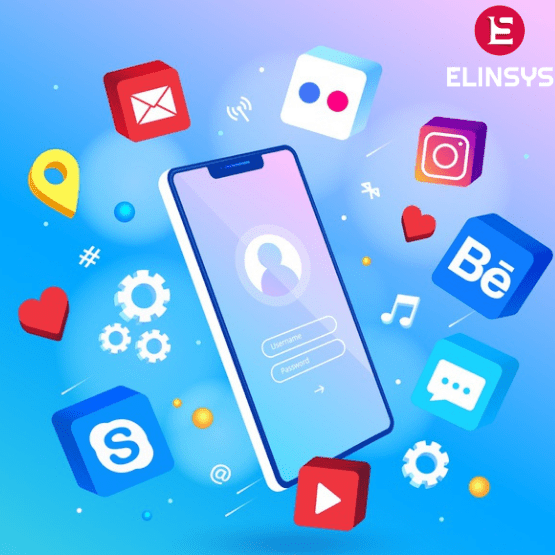Just when everything was right in the world, something somewhere changed – the whole world was shut down and locked in and not a soul was seen on the streets. The pandemic has transformed the ‘normal’ and established a new ‘abnormal’. Social distancing has established a new contactless world and children and their teachers have no choice but stay at home and work remotely together. Apps like Zoom and Google meetings have made a huge difference in communication during times of crisis. Difficult times do not last forever, but even when things calm down and outdoors is once again an option, educators and students will find value in mobile applications or web applications that can be used to teach online.
India is now focusing on a technology driven education system that is supported by either mobile apps or online classes. Even television is made use of in times of crisis. Live telecast of expert sessions on at least 15 channels is made available that focuses on providing educational content.
Higher education institutes too have better resources to conduct classes online. Classroom sizes do not matter, students use computers, laptops and tablets and mobile phones and use eLearning apps like Byju’s and other customized eLearning apps that suit the course content of the schools. Many startups are now focusing on creating course content with the help of schools.
According to Google Trends Report of April 2020, there is an exponential growth in eLearning segment searches. The phrase online classes has seen an upward trend.
So, does the future of learning look free, convenient and easy?
Many of us spend almost one third of the day on our smartphones. The future generation will have greater access to learning than any of the previous generations. Mobile apps, online meetings, web portals – there are flexible and easy means of imparting education. Students can learn at their own pace and time.
Online apps provide a lot of scope for personalizing the learning strategies and enabling each student to grasp the concept and understand what is being taught. Students too get to choose the subjects they want to learn more about and refer to extra materials online while they do so.
This type of learning also comes with its own limitations. The screen time that a student’s face will dramatically increase. Workshops and people interactions will be virtual and limited. Internships project work and group activities and research will lose its charm.
We live in fortunate times where technology is not a victim, but the enabler while the whole world is locked down – resources are available and education is delivered. The next generation will see a lot more of what technology can do for education.



